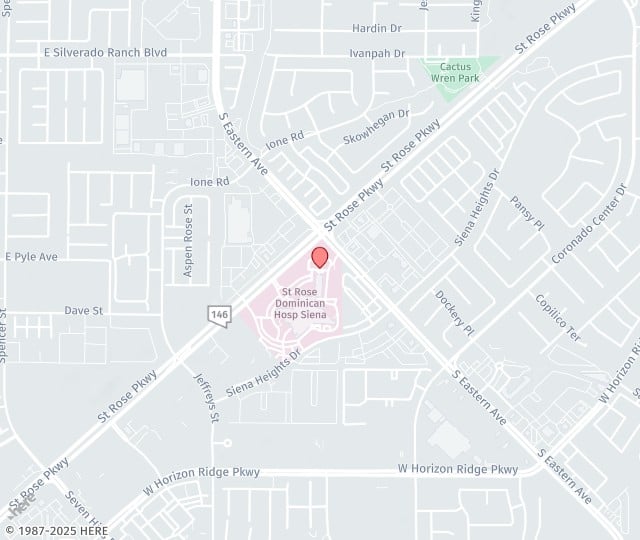Individuals seeking plastic surgery should be non-smokers and in good health to ensure optimum healing, decreased risks for complications, and a predictable outcome. Not only does smoking effect the lungs, risking breathing difficulties and pneumonia, but the deleterious effects of smoking on skin and healing are significant and numerous.
Nicotine constricts blood vessels and therefore decreases oxygen delivery to healing tissues. Carbon Monoxide in smoke displaces oxygen so that it is not optimally delivered to tissues. Tissue loss can occur from the decreased blood supply. Cigarette smoke also generates huge amounts of free radicals — molecules that attack and overwhelm the body’s natural defenses. The result is a chain-reaction of damage throughout the body — including skin, blood vessels, organs, and organ systems.
With respect to plastic surgery, we effect changes in the skin and deeper structures (fat and muscle) by tightening, elevating, and reshaping it. During these maneuvers, the skin and underlying tissues experience a temporary and expected, slight decrease in blood supply. Healthy, non-smoking individuals tolerate these temporary disturbances much better than smokers. If you smoke, there is a real risk that your tissues and skin will not tolerate the movement. This translates into poor circulation to healing skin edges, skin or tissue loss, open wounds, infections, and poor scarring. In almost all cases the results will not be as good as with a non-smoker.
Plastic surgical procedures that are most risky include basically any skin-tightening procedure: necklift, breast lift, breast reduction, tummy tuck (abdominoplasty), arm lifts (brachioplasty), and leg or buttock lifts. Risks of delayed healing and open wounds from poor circulation to healing tissues can be as high as 50% in smokers who undergo these procedures. This can lead to wide or depressed scarring, or even distortion of structures, all of which could be uncorrectable in severe situations. Less common would be large areas of full thickness skin loss, umbilical loss associated with abdominoplasty surgery, or nipple and areolar loss associated with breast surgery. Scary stuff!
Smokers who desire plastic surgery should stop smoking 4-6 weeks before the surgery and until complete healing, 3-4 weeks after. And even then, you are still an increased risk. Really, this is a perfect time to quit smoking, “cold-turkey”, altogether. Nicotine replacement therapy (gum, patch, etx) is not going to help you here. So how much smoking is ok? None. Even a remote history of heavy smoking can permanently affect your ability to heal, though some of ill effects do reverse with time. Second hand smoke is also problematic. Smoking just on weekends, “I don’t really smoke…you know, maybe just one socially with drinks…” is not OK. Smoking other things than tobacco is not ok either.
In short, if you are considering plastic surgery, you may also want to seriously consider the idea that this is the perfect time to quit smoking. If you are going to go under the knife for the sake of an elective plastic surgical procedure, don’t compromise your results and recovery for an addiction, which has mostly likely already cost you plenty.
Dr. Hayley Brown MD, FACS
Plastic Surgeon Las Vegas
Desert Hills Plastic Surgery Center, Henderson and Las Vegas, Nevada


